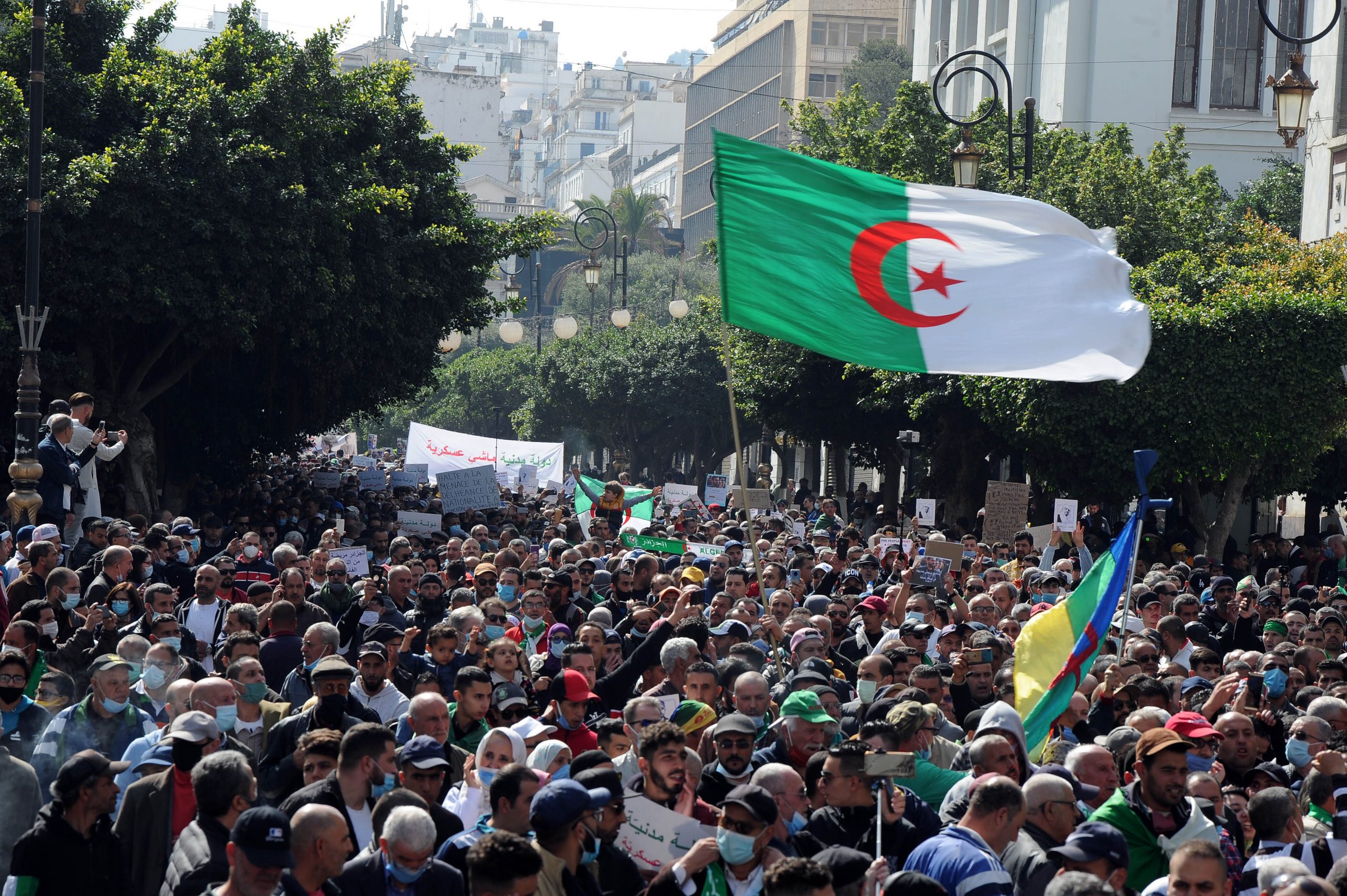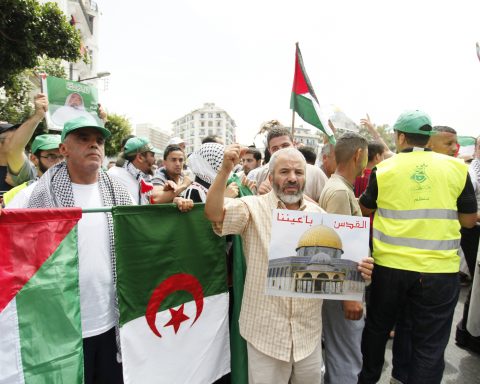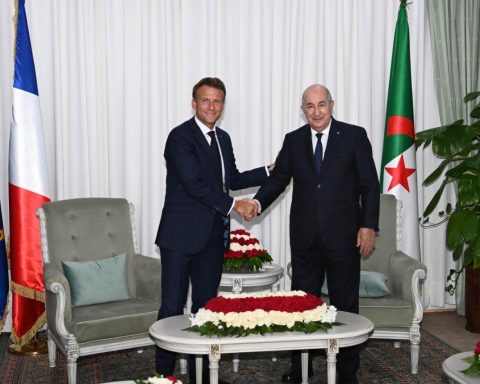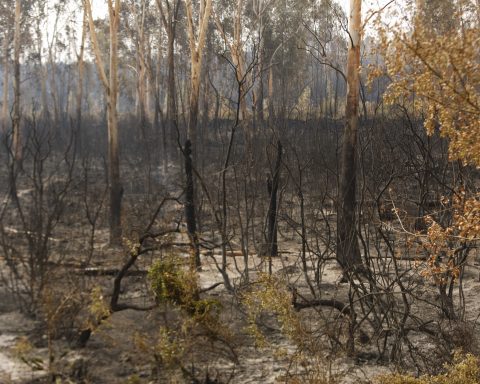Algeria’s tumultuous geopolitical environment, in the aftermath of the fall of the late President Abdelaziz Bouteflika’s system in April 2019, has the tendency to push new leaders in the country, civilian and military alike, to reshape the country’s foreign policy and military doctrine objectives and agenda. This is the case in a context in which the leaders in Algeria are seriously worried about the specter of the civil war in Libya, the political instability in Tunisia and the African Sahel, in addition to the state conceptualization of ideological and geopolitical rivalry with Morocco that has led to a diplomatic rupture.
Algeria’s diplomatic mobility toward new international and regional prestige is influencing the country’s active Minister of Foreign Affairs, Ramtane Lamamra, who is playing an important role in the country’s new foreign policy paradigm of active and preemptive diplomacy.
President Abdelmadjid Tebboune’s administration is aiming for economic prosperity and political stability. The results of domestic politics would give more credibility to foreign policy implications particularly regarding the impact of the country’s domestic political reform process. This process was launched by Tebboune following his election on December 12, 2019: an institutional dynamic of change wrapped up with the February 5 senatorial elections this year to renew, by indirect ballot and by appointment, half of the members of the Council of the Nation’s upper chamber, the Senate.
The art of diplomacy
Diplomacy is an art of comportment and words in light of the Arab uprisings that have changed the MENA region’s domestic politics and geopolitical landscape. Algeria’s regional foreign policy faced serious allegations by the opposition and elite in neighboring countries, for instance, in Libya and Tunisia.
This brings us to a better understanding of what made Algerian diplomacy cultivate the dichotomy of inactions versus pro-actions. However, these days, Algerian diplomacy seems to have found a new approach and new determinants that are adaptable to the region’s post-Arab uprising imperatives. Yet, late President Abdelaziz Bouteflika, who was Algerian diplomacy’s head in its golden age in the late 1960s and 1970s under President Houari Boumedienne’s administration, was timid during his first two terms between 1999 and 2010. In spite of this, in his first term, he did excel in solving the Eritrean–Ethiopian border dispute through an accord that was signed in Algiers.
When Bouteflika was in his third term in 2011, his administration’s diplomacy remained uncertain. During this period, turmoil surrounded Libya and Mali, Tunisia was politically unstable, and the country’s relations with France were neutral. Furthermore, some pushed back against the construction of the Maghreb Arab Union because of the tensions with Rabat over the thorny issue of Western Sahara. Meanwhile, a lack of interest was present for the Mediterranean Union, a project launched by French President Nicolas Sarkozy in 2007.
Active diplomacy needs proactive diplomats
Thus, in the aftermath of the nine-month peaceful and popular Hirak protests in 2019, and following the election of Abdelmadjid Tebboune in December 2019, a new political era emerged. Domestic political mobility, with its national security imperatives, has helped to break through and soften the Algerian diplomatic immobility of the last decade because of the absence of a serious post-Arab uprisings strategy that authorities then did not believe in.
Applying an attitude of denial has pushed the military to intervene and change the country’s military doctrine in the amended constitution of 2020, making it adaptable to new regional and domestic national security challenges such as domestic terrorism and the turmoil in the African Sahel and Libya — adding to the complex issue of migration from the Sahel and the terrible phenomena of Algerian citizens crossing illegally to Europe via small boats and jet-skis in the hope for a better life.
However, Tebboune did appoint Lamamra as Algeria’s foreign minister, a position that he held twice in Bouteflika’s administration between 2013 and 2017, and for a very short time in 2019, during the decisive weeks of power struggle between the military, the presidential palace, and the intelligence service, in the aftermath of the Hirak protests.
Lamamra, a well-experienced diplomat and Algerian Ivy School (ENA) graduate, like President Tebboune, both belong to Algeria’s post-independence generation of high-profile public servants. The president was directed to rule the regional administration as a ‘wali’ and later as a low-profile minister. Whereas, Lamamra, who joined the Ministry of Foreign Affairs, worked briefly with late President Bouteflika when he was Algeria’s foreign minister. However, Lamamra later worked under the leadership of late diplomat Mohammed Seddik Ben Yahia, who was the youngest member of the National Liberation Front’s (FLN) negotiation team with General De Gaulle’s delegation in 1961-1962, the result of which led to the Evian Accords on March 18, 1962.
The Ramtane Lamamra factor
The domain of foreign policy involves many endogenous and exogenous factors that are often not really adaptable to the country’s priorities, particularly in hostile environments where the state needs domestic political stability, semi-economic prosperity, COVID-19 pandemic crisis management, and national ethnic and religious cohesion in order to be able to carry out a pragmatic and pro-active foreign policy.
Today, for a country like Algeria, the context of the geopolitics in the Maghreb and the African Sahel imposes a real sense of pragmatism to implement its active and preemptive foreign policy, and to act like a serious pivotal and, eventually, rising state in the region. Algeria also needs to reframe its foreign policy objectives and determinants entirely in the aftermath of the ongoing axis and allies that were built by regional and global powers in the MENA region. Hence, Algiers cannot pretend as if there is no such narrative that is directing its foreign policy. It also cannot act as if it could continue applying its sacrosanct Westphalian and Liberation War principles of no interference in the domestic policies of other states.
The implementation of President Tebboune’s foreign policy is greatly based on the coherent execution of these principles by his top diplomats, who have been engaged with Arab and African countries. In this regard, Algeria’s regional diplomatic efforts in offering Arab and African countries solidarity and power balance led to some success in its post-Hirak bids at the African Union (AU) summit. In the aftermath of last week’s 35th African Union Summit, Algeria and South Africa succeeded in freezing the AU’s decision to grant observer status to Israel, which has prompted Algiers to push further in its tireless activism to host the Arab League summit this year in Algiers.
Though, for such a paradigm of diplomatic activism, Tebboune and Lamamra have to examine the elusive forces on the field to motivate the state’s diplomats on the eve of the 60th anniversary of the Evian Accords.














